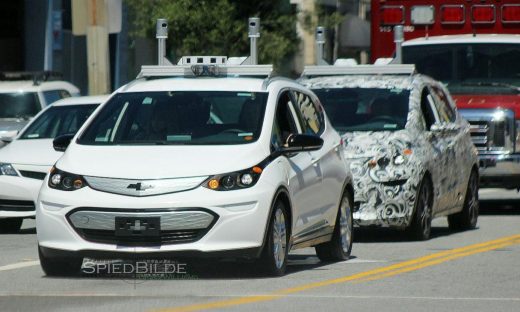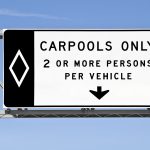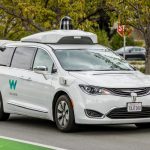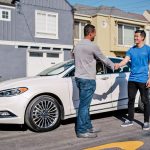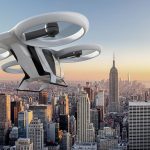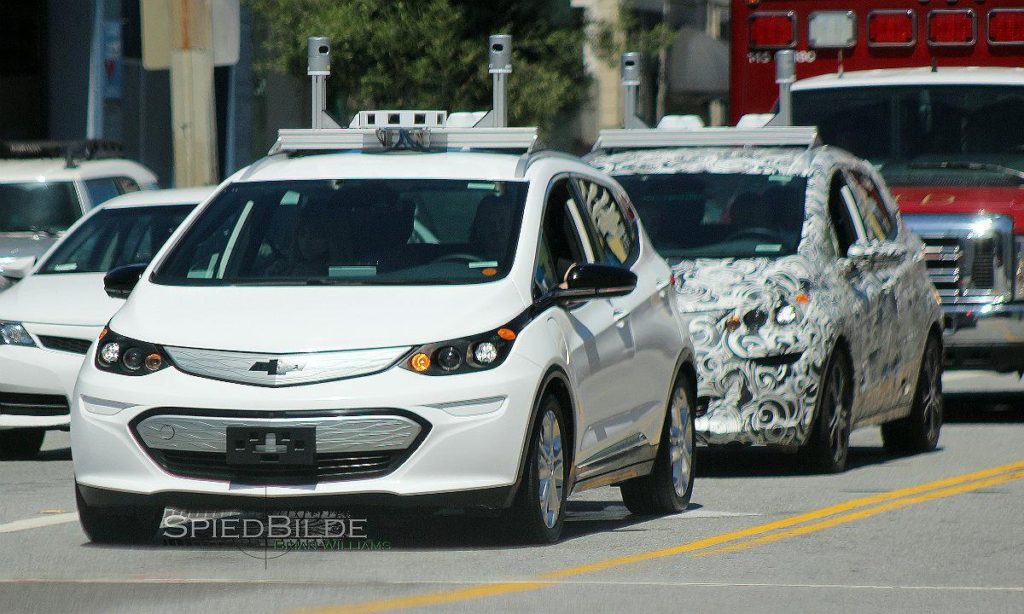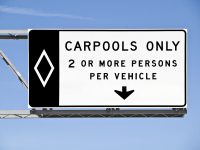A quarter of all U.S. travel could be electric and driverless by 2030
A quarter of all U.S. travel could be electric and driverless by 2030

In less than 15 years, one quarter of all U.S. travel could be in shared, electric self-driving vehicles, according to a new study by the Boston Consulting Group.
The impact will be felt most in cities where over one million people live, as these will be the launch locations for driverless ride-sharing services. Ford CEO Mark Fields has already said the company will launch a ride-sharing platform in cities by 2021.
See Also: SoftBank wants autonomous shuttle on public roads by 2020
Initial public backlash to driverless cars will subside, according to BCG, once the economic argument becomes clear to U.S. commuters. In the study, the researchers said the everyday commuter in Chicago may be able to save $ 7,000 per year by moving to a self-driving, ride-sharing platform in the future.
“The automotive industry is on the brink of a major transformation, and it’ll be here faster than people realize,” Justin Rose, a BCG partner leading its digital efforts for industrial companies, said in a statement. “For millions of Americans living in large cities, the next vehicle they purchase may be the last car they ever own.”
BCG expects automakers and tech firms to revoke control and ownership of the vehicle in the future, moving instead to a more elongated profit model, ride-sharing. Instead of a one-time, large payment for the car, consumers would pay each time they use the vehicle.
Differing business models
There are different economic models for automakers to choose from. One could be a lease model where the consumer pays to use the car for a certain amount of time; an alternative could see consumers pay for every ride and change cars each time.
BCG has high expectations for the self-driving industry. It expects 4.7 million autonomous cars to replace five million conventional vehicles on the road today, and believes the new driverless vehicles to travel 1.5 trillion kilometers.
It is hard to judge the exact time self-driving cars will become the vehicle of choice for commuters. Infrastructure and regulations could hold automakers back a few years, although the U.S. government and telecommunication providers have both shown interest in expediting the deployment of autonomous vehicles. Most estimates are between 2025 – 2035.
The post A quarter of all U.S. travel could be electric and driverless by 2030 appeared first on ReadWrite.
(33)

